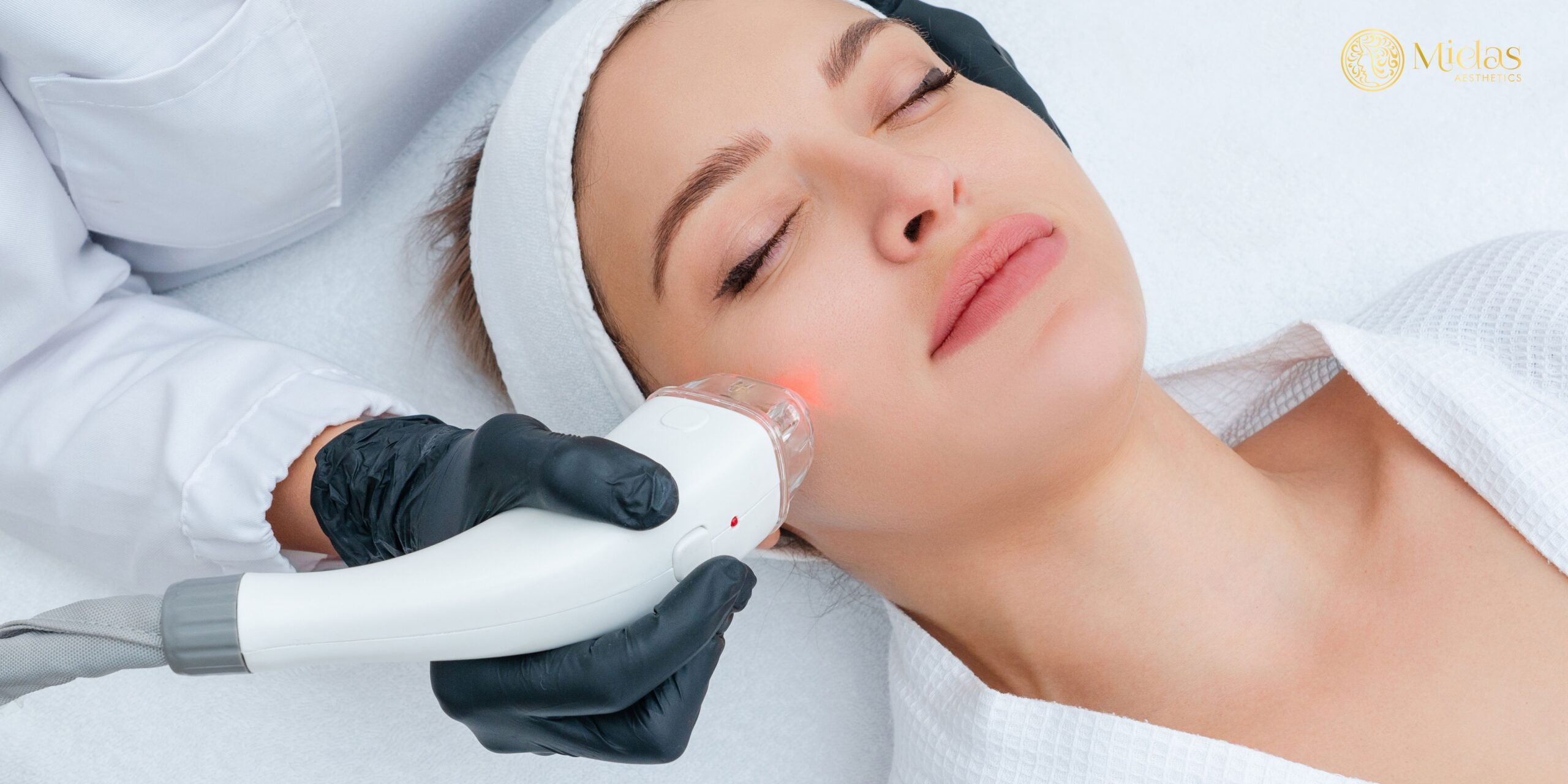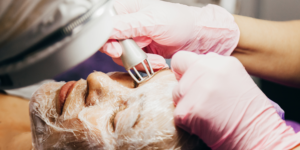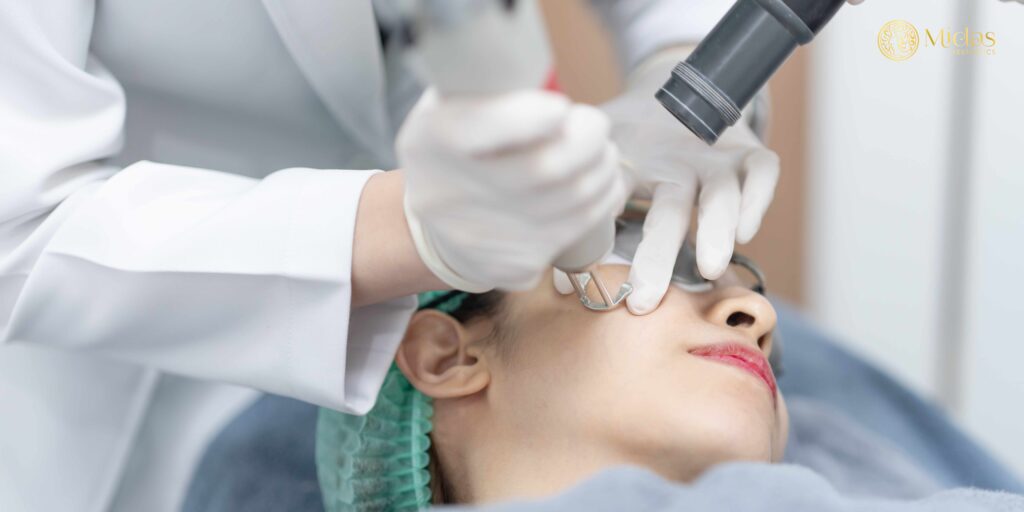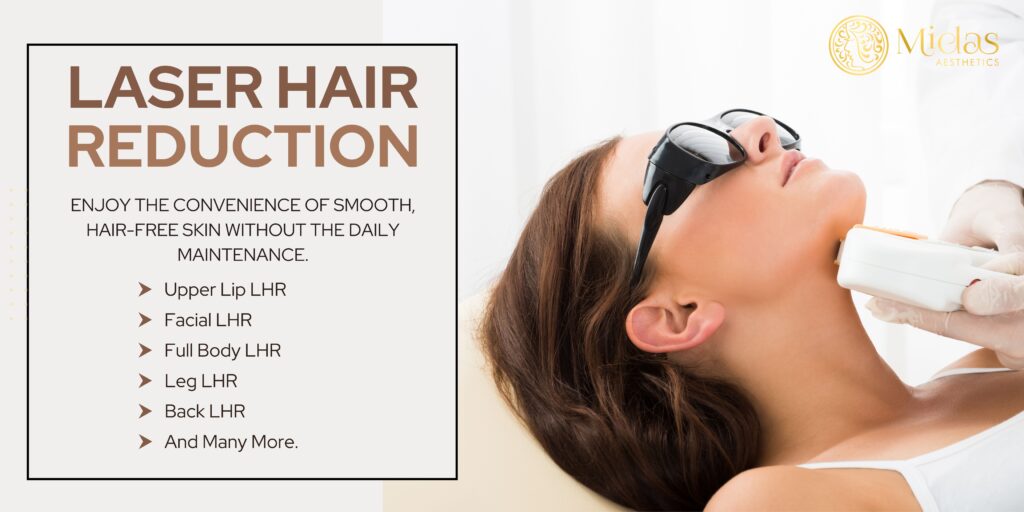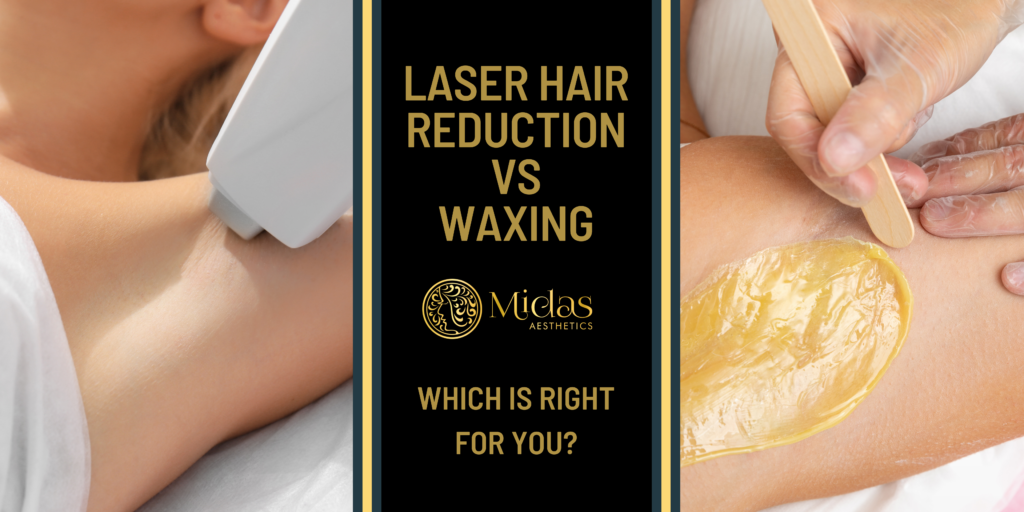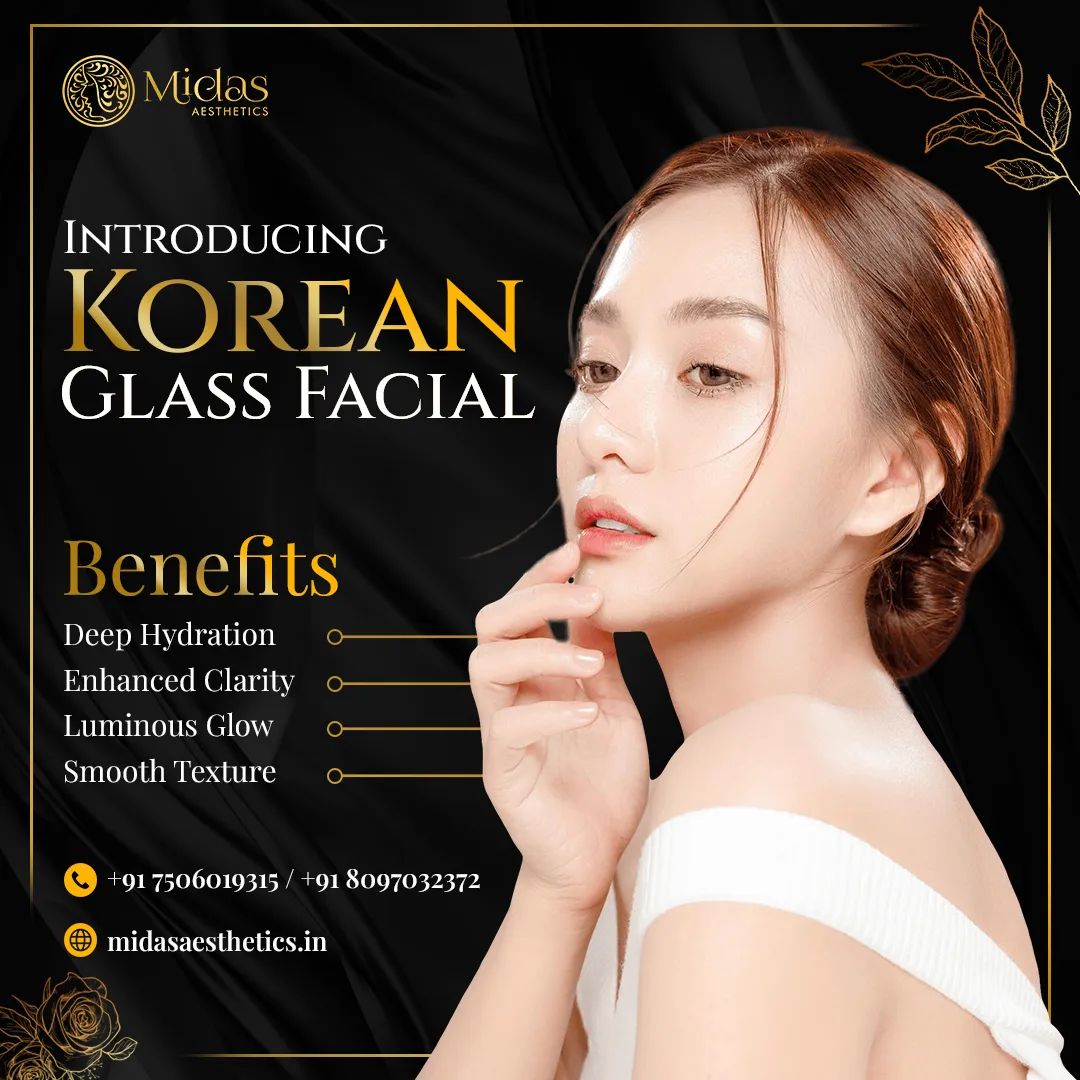Hey there, skincare enthusiasts! Laser treatment has been making waves in the beauty world, promising to zap away acne scars, wrinkles, and more. But with all the hype comes a fair share of myths and misunderstandings about its effectiveness and safety.
In this blog, we’re diving deep into the truth behind laser treatment, busting seven common myths along the way, and unveiling the benefits of laser treatment. Whether you’re curious about laser therapy or thinking about trying it, let’s separate fact from fiction to help you navigate your skincare journey with confidence.
Myth 1: Laser hair reduction Doesn’t Work on Certain Skin Tones
One of the most persistent myths about laser hair reduction is that it doesn’t work on certain skin tones, particularly darker skin tones. This misconception stems from the belief that lasers target the pigment in hair follicles, which can lead to adverse effects on darker skin and dim the benefits of laser treatment.
However, advancements in laser technology have led to the benefits of laser treatment that can safely and effectively target hair follicles across a wide range of skin tones. Diode lasers, for example, have longer wavelengths that penetrate deeper into the skin, making them suitable for darker skin tones by minimizing the risk of pigment-related complications.
It’s important to consult with a qualified laser technician who can determine the most appropriate laser type and settings for your specific skin tone and hair type. With the right approach, laser hair reduction can be effective for people of all skin tones.
Myth 2: Laser hair reduction Is Painful
Another common myth surrounding laser hair reduction is that it’s an incredibly painful procedure. While some individuals may experience mild discomfort during treatment, modern laser systems are equipped with cooling mechanisms that help minimize discomfort and protect the skin. One of the most primal benefits of laser treatment is its painless nature.
Additionally, numbing creams or gels can be applied before the procedure to reduce any potential discomfort further. Most people describe the sensation during laser hair reduction as a mild tingling or snapping feeling, similar to the snap of a rubber band against the skin.
It’s essential to communicate openly with your treatment professional about any discomfort you may experience during the treatment. They can adjust the settings or provide additional measures to ensure your comfort throughout the process.
Myth 3: Laser hair reduction Damages the Skin
One of the biggest concerns people have about laser hair reduction is the fear of skin damage. This myth often arises from misconceptions about the intensity of laser energy and its potential impact on the skin.
In reality, when performed by a trained professional using appropriate equipment, laser hair reduction is a safe procedure with minimal risk of skin damage. Modern laser systems are designed to target hair follicles selectively, without affecting the surrounding skin.
However, it’s crucial to follow pre-care and post-care instructions provided by your professional to ensure optimal benefits of laser treatment and minimize the risk of temporary side effects such as redness or mild swelling, which are typically short-lived and resolve on their own.
Myth 4: Stopping Laser Treatment Can Cause the Skin to Deteriorate
There is a common misconception that discontinuing laser treatment can lead to skin deterioration or rebound effects, such as increased hair growth or skin damage. This myth often arises from a misunderstanding of how laser hair reduction works and its long-term effects on the skin.
In reality, stopping laser treatment does not cause the skin to deteriorate. laser hair reduction works by targeting and damaging hair follicles to inhibit hair growth. Once a hair follicle is effectively treated, it typically does not regenerate hair. Therefore, if you decide to stop laser treatment, the treated hair follicles will remain dormant, resulting in reduced hair growth over time.
However, it’s essential to note that hair growth can be influenced by various factors such as hormonal changes, genetics, and age. While stopping laser treatment won’t cause skin deterioration, you may experience some hair regrowth over time due to these factors, but it’s unlikely to be as dense or noticeable as before undergoing laser therapy.
Myth 5: Lasers Cause Cancer
Another prevalent myth surrounding laser treatments, including laser hair reduction, is the belief that exposure to laser energy can cause cancer. This misconception often stems from concerns about radiation exposure and the potential long-term effects on skin health.
It’s important to clarify that the lasers used in cosmetic procedures, including laser hair reduction, are non-ionizing radiation, which means they do not carry the same risks as ionizing radiation, such as X-rays or gamma rays, which are known to increase the risk of cancer.
Laser hair reduction targets specific structures in the skin, such as hair follicles, without penetrating deep enough to cause DNA damage or cellular mutations that could lead to cancer. These are benefits of laser treatment. Moreover, laser treatments are conducted under controlled settings by trained professionals to ensure safety and minimize any potential risks to the skin.
While laser treatments are generally safe when performed by qualified practitioners, it’s crucial to follow post-treatment care instructions, including sun protection and skincare recommendations, to promote skin health, minimize any temporary side effects and get maximum benefits of laser treatment.
Myth 6: Lasers Cause Thinning of the Skin
One prevalent myth surrounding benefits of laser treatments is the misconception that they can cause thinning of the skin. This belief often stems from concerns about the potential impact of laser energy on the skin’s structure and integrity.
In reality, when performed by trained professionals using appropriate equipment and settings, laser treatments do not cause thinning of the skin. Benefits of laser treatments include Modern laser systems which are designed to target specific layers of the skin, such as hair follicles or pigmentation, without affecting the overall thickness or structure of the skin.
Laser treatments can even stimulate collagen production and promote skin rejuvenation, leading to improved skin texture, elasticity, and overall health. These benefits make laser treatments a popular choice for addressing various skin concerns, including fine lines, wrinkles, acne scars, and uneven pigmentation.
It’s essential to undergo laser treatments at reputable clinics with experienced practitioners, such as Midas Aesthetics, who can customize the treatment to your skin type and concerns. Following post-treatment care instructions, such as sun protection and a skincare regimen, further promotes skin health and enhances the results of laser treatments.
Myth 7: Your Hair Grows Back After laser hair reduction
One of the common myths surrounding laser hair reduction is the belief that hair regrows after the treatment, negating its long-term effectiveness. This misconception often leads to confusion and skepticism about the lasting results of laser hair reduction.
In reality, laser hair reduction is designed to provide long-lasting reduction in hair growth rather than complete elimination. The process works by targeting and damaging hair follicles to inhibit hair growth. However, it’s important to understand that not all hair follicles are permanently disabled with each session. This becomes of the biggest benefits of laser treatment.
Hair growth occurs in cycles, including active growth (anagen), transitional phase (catagen), and resting phase (telogen). laser hair reduction is most effective during the active growth phase when hair follicles are actively producing hair. Since not all hair follicles are in the active growth phase simultaneously, multiple laser sessions are necessary to target hair follicles at different stages of the growth cycle.
With each laser session, a percentage of hair follicles in the active growth phase are treated and disabled, leading to reduced hair growth over time. However, some hair follicles may enter the active growth phase later or may be resistant to laser treatment, resulting in the appearance of hair regrowth.
It’s important to note that while laser hair reduction can significantly reduce hair growth, maintenance sessions may be needed periodically to target any regrowth and maintain smooth, hair-free skin. The frequency of maintenance sessions can vary depending on individual hair growth patterns and treatment goals.
Benefits of Laser Treatment: Conclusion
It’s clear that laser hair reduction is a highly effective and safe method for reducing unwanted hair growth, dispelling common myths and misconceptions along the way. While it’s important to address concerns such as skin tone compatibility, pain perception, and long-term results, the advancements in laser technology have made it a viable option for individuals of diverse skin tones and hair types.
At Midas Aesthetics, we pride ourselves on offering cutting-edge laser treatments that deliver exceptional results with minimal discomfort. Our team of experienced professionals utilizes state-of-the-art laser systems to customize treatments based on individual needs and goals, ensuring a comfortable and effective experience for our clients.
Whether you’re looking to achieve smooth, hair-free skin or address specific skin concerns, Midas Aesthetics is your trusted partner in advanced laser treatments. Say goodbye to shaving, waxing, and plucking, and say hello to long-lasting results and confidence in your skin. Schedule a consultation with us today to discover the transformative benefits of laser treatments at Midas Aesthetics.

